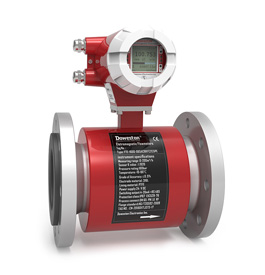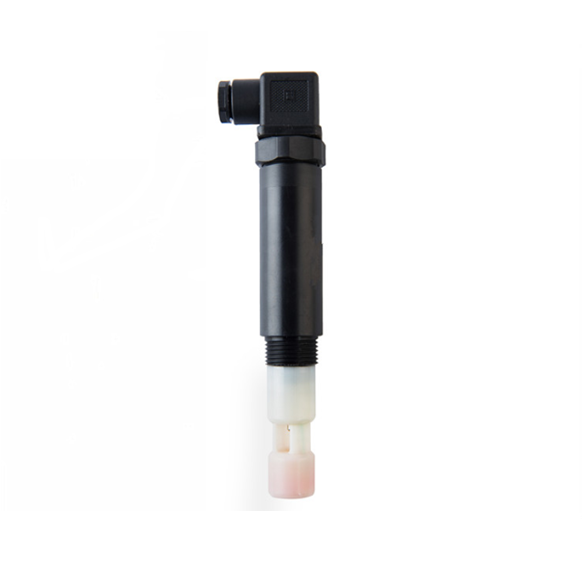Oil refining generally refers to the oil refining, originally by distillation of oil to separate the use of internal combustion engines in kerosene, gasoline, diesel and other fuel oil, by-product LPG and residual oil; heavier components than fuel oil, and through heating, catalytic cracking and other processes chemical conversion into fuel oil, some of these fuel oil to use hydrogenation and other processes for refining. The heavy vacuum residua are deasphalted to produce deasphalted oil and petroleum asphalt by solvent deasphalting process, or the heavy oil is cracked to fuel oil by delayed coking process, and petroleum coke is by-product. Through solvent refining, Solvent Dewaxing and supplementary hydrogenation, the Lube Oil Refinery produces all kinds of special industrial oils, such as engine oil, mechanical oil, transformer oil, hydraulic oil and so on. In recent years, the hydrogenation process has been used more and more in the production of fuel oil and lubricating oil. In addition, hydrocracking process is also used in refineries that produce feedstock for petrochemical industry.
Oil refining generally refers to the oil refining, originally by distillation of oil to separate the use of internal combustion engines in kerosene, gasoline, diesel and other fuel oil, by-product LPG and residual oil; heavier components than fuel oil, and through heating, catalytic cracking and other processes chemical conversion into fuel oil, some of these fuel oil to use hydrogenation and other processes for refining. The heavy vacuum residua are deasphalted to produce deasphalted oil and petroleum asphalt by solvent deasphalting process, or the heavy oil is cracked to fuel oil by delayed coking process, and petroleum coke is by-product. Through solvent refining, Solvent Dewaxing and supplementary hydrogenation, the Lube Oil Refinery produces all kinds of special industrial oils, such as engine oil, mechanical oil, transformer oil, hydraulic oil and so on. In recent years, the hydrogenation process has been used more and more in the production of fuel oil and lubricating oil. In addition, hydrocracking process is also used in refineries that produce feedstock for petrochemical industry.
Atmospheric and vacuum distillation is called atmospheric and vacuum distillation, atmospheric and vacuum distillation is a physical process. In the distillation column, the crude oil is divided into different boiling points (called fractions) according to its evaporation capacity. Some of these oils are blended and added as products, a considerable portion is the raw material for subsequent processing devices. Therefore, atmospheric and vacuum distillation is also known as a crude oil processing. Including three processes: crude oil desalination, dehydration, atmospheric distillation, vacuum distillation.
Catalytic cracking is developed in the thermal cracking process, is to improve the depth of crude oil processing, the production of high-quality gasoline, diesel process operation. The main raw material is crude oil distillation or other refinery 350 ~ 540 ° C fractions of heavy oil. Catalytic cracking process consists of three parts: catalytic cracking of feedstock, catalyst regeneration, and product separation. The products obtained from catalytic cracking can be fractionated to obtain gas, gasoline, diesel oil and heavy distillate oil. Part of the heavy oil returned to the reactor for further processing is called rerefining. Changes in FCC operating conditions or fluctuations in feedstock can result in changes in product composition.
Catalytic reforming is the process of converting light gasoline obtained by atmospheric distillation into reforming gasoline with higher aromatics content in the presence of catalyst and hydrogen. If 80-180 ° C fraction is used as feedstock and the product is high octane gasoline, and if 60-165 ° C fraction is used as feedstock, the product is mainly aromatic hydrocarbons such as benzene, toluene, xylene, etc. , it can be used as a hydrogen source for refinery hydrogenation operation. The reaction conditions of reforming are as follows: reaction temperature 490-525 ° C, reaction pressure 1-2 mpa. The process of reforming can be divided into two parts: Raw Material Pretreatment and reforming.
The hydrocracking process is carried out under high pressure in the presence of hydrogen and requires a catalyst to convert heavy feedstock into gasoline, kerosene, diesel and Lube Oil. Hydrocracking due to the existence of hydrogen, less coke conversion of raw materials, can remove harmful sulfur, nitrogen, oxygen compounds, flexible operation, can be adjusted according to product needs. The yield is high and the quality is good.
Delayed coking is the deep cracking of raw material for producing solid petroleum coke with a long reaction time, and obtaining both gas and liquid products. The main raw material for delayed coking is residua with high boiling point. The main operating conditions of delayed coking are that the temperature of raw material after heating is about 500 ° C and the Coke Tower is operated under a little positive pressure. The proportion of gasoline, diesel oil, cracking feedstock oil and coke can be adjusted by changing the feedstock and operating conditions.
Contant DOWESTON
DOWESTON™ is a premium instrumentation and sensor brand serving customers worldwide.
DOWESTON™ is dedicated to bringing users a reliable, easy-to-use, efficient and advanced
inspection and measurement experience.



















.jpg)
